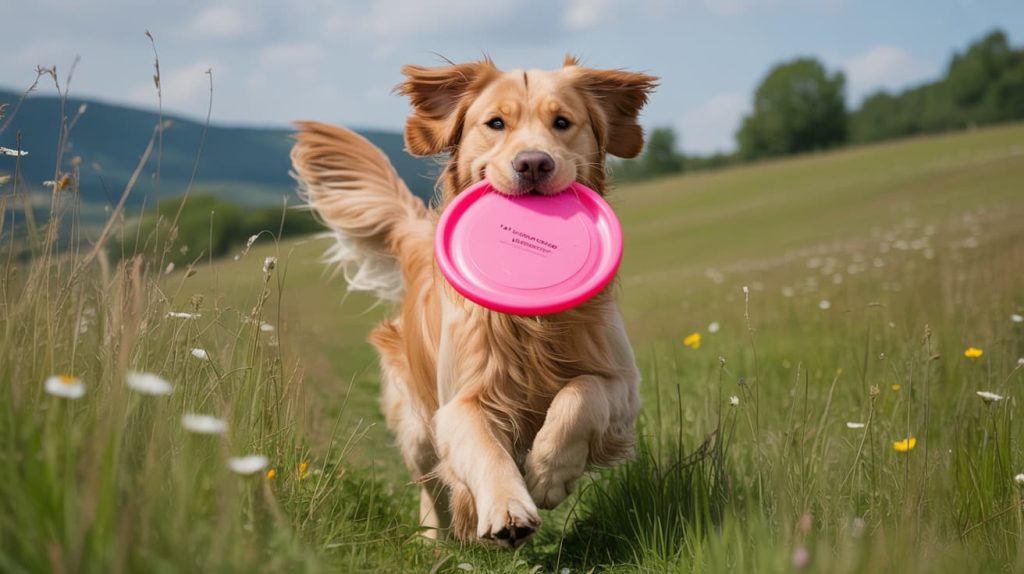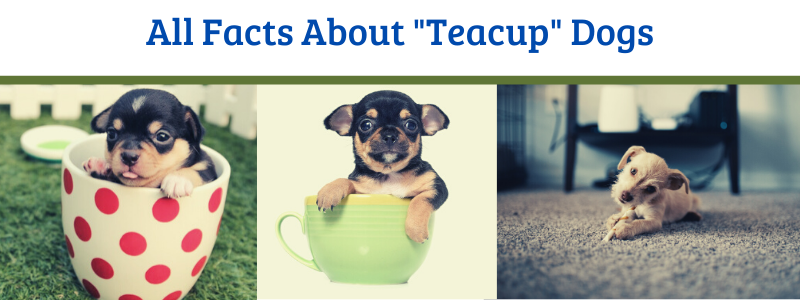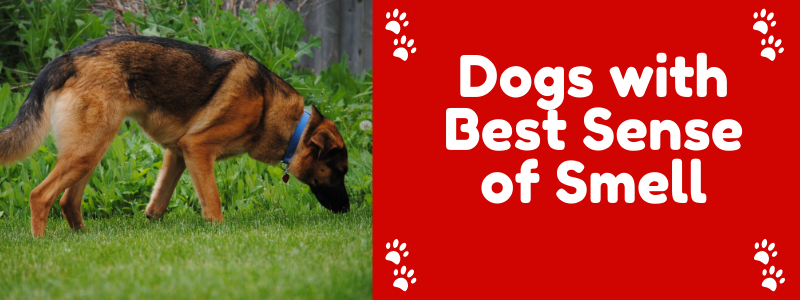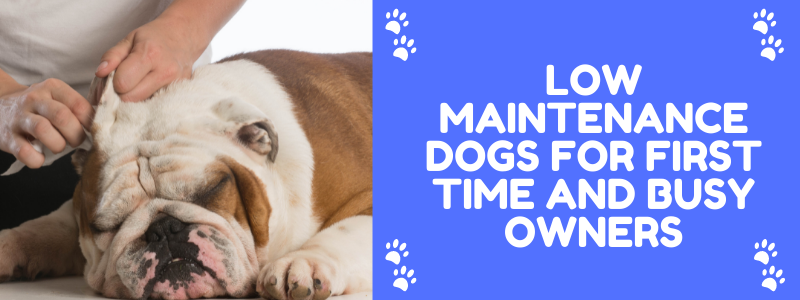Let’s be honest—if love alone could keep them alive forever, Golden Retrievers would outlive us all.
They’re sunshine in dog form: loyal, affectionate, and always ready for a cuddle (or snack).
But as every Golden owner eventually learns, these lovable goofballs aren’t invincible.
So, how long do they really live? And what can you do to keep your Golden healthy for as many tail-wagging years as possible?
Let’s dig into the facts—minus the medical mumbo jumbo.
How Long Do Golden Retrievers Live?
On average, a Golden Retriever’s lifespan is around 10 to 12 years.
Some live longer (lucky ones reach 14 or even 15), while others may have shorter lives due to genetics or health issues.
But here’s the good news: a healthy lifestyle can add precious years to your pup’s life.
Diet, exercise, and regular vet checkups are your best weapons against the ticking clock.

Why Do Golden Retrievers Have Shorter Lifespans?
It’s a sad truth—Golden Retrievers used to live longer.
Back in the 1970s, the average Golden could easily reach 16 or 17 years. Nowadays, not so much.
The reason? Genetic factors and selective breeding.
Many breeders unknowingly passed on genes linked to cancer, one of the leading causes of death in Goldens today.
In fact, studies show that nearly 60% of Golden Retrievers develop some form of cancer during their lifetime.
Scary? Yes. Hopeless? Absolutely not.
Awareness and early detection can make all the difference.
Common Health Issues in Golden Retrievers
Alright, let’s get real—Goldens are prone to a handful of health issues.
But knowing what to look out for can help you spot problems early and get your dog the care they need.
1. Cancer
This is the big one. Goldens are unfortunately predisposed to certain types, including:
- Hemangiosarcoma (affects blood vessels)
- Lymphoma (affects the immune system)
- Osteosarcoma (bone cancer)
Early detection is everything.
Regular vet visits and paying attention to unusual lumps or changes in behavior can save lives.
2. Hip and Elbow Dysplasia
Goldens grow fast, and their large frames can lead to joint problems over time.
Hip or elbow dysplasia happens when the joints don’t form properly, leading to pain and stiffness—especially as they age.
Prevention tip: Keep your pup at a healthy weight.
Extra pounds mean extra stress on those joints.
3. Heart Disease
Goldens can be prone to subvalvular aortic stenosis (SAS), a congenital heart condition.
It sounds complicated, but it basically means restricted blood flow, which can cause fatigue and fainting.
What to do: Your vet can detect it early through heart checks or echocardiograms.
And yes, it sounds fancy—but it’s worth it.
4. Allergies and Skin Issues
If your Golden is scratching like there’s no tomorrow, they might have allergies.
Common triggers include:
- Fleas
- Pollen
- Dust
- Certain foods
You’ll often see itchy skin, ear infections, or red patches.
A quick vet visit and a diet tweak usually help.
5. Hypothyroidism
This condition affects the thyroid gland, leading to:
- Weight gain
- Lethargy
- Dull coat
- Hair loss
It’s common but manageable with daily medication. Once treated, most Goldens bounce right back to their playful selves.
Tips to Keep Your Golden Healthy for Years to Come
Alright, enough of the scary stuff. Let’s talk about what you can do to keep your pup thriving.
🥗 1. Feed Them Right
Goldens have hearty appetites (translation: they’ll eat anything).
Go for high-quality dog food with real protein sources and avoid cheap fillers.
And yes—limit the treats, no matter how convincing those puppy eyes are.
🏃♂️ 2. Keep Them Active
A bored Golden is a mischievous Golden.
They need at least an hour of exercise daily—walks, swims, fetch, or even hikes if you’re both feeling adventurous.

🧼 3. Regular Grooming
That gorgeous golden coat doesn’t maintain itself.
Brush your pup 2–3 times a week, more during shedding season (aka always).
It’s not just about looks—it helps prevent mats, keeps skin healthy, and reduces shedding tumbleweeds in your house.
🩺 4. Schedule Regular Vet Visits
Don’t wait until something seems wrong.
Annual checkups, blood tests, and vaccinations can catch problems early before they turn serious.

❤️ 5. Give Them Lots of Love
It sounds cheesy, but emotional health matters too.
Goldens are deeply social dogs—they thrive on affection, companionship, and family time.
A loved Golden is a healthy Golden.
Golden Years: Caring for Senior Goldens
As your dog enters their senior years (around age 8+), you’ll notice changes—slower walks, gray fur, more naps.
They may not chase balls like before, but their love for you never fades.
Senior care tips:
- Switch to senior dog food.
- Add joint supplements.
- Keep exercise gentle but consistent.
- Lots of cuddles—always.
Final Thoughts: Love, Care, and a Little Extra Time
Every Golden Retriever owner wishes for just one thing—more time.
But the truth is, the time we do have with them is what really counts.
Feed them well, keep them active, stay on top of vet visits, and love them endlessly.
In return, they’ll fill your days with joy, loyalty, and that goofy Golden grin that makes everything better.
Because while their years may be limited, their love lasts forever.





